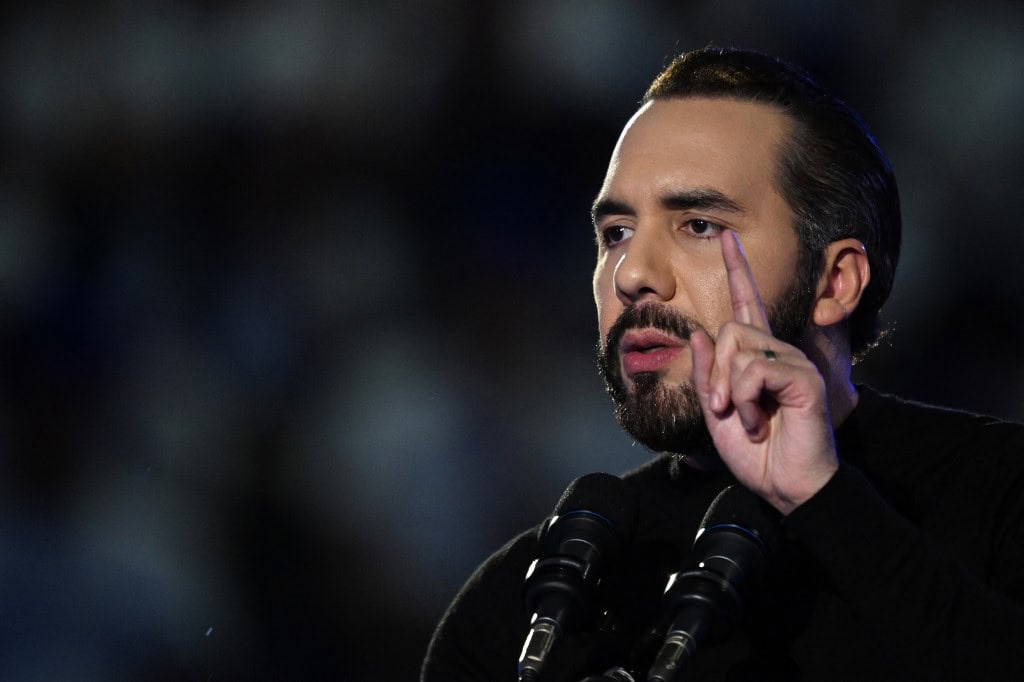El Salvador’s President Nayib Bukele chose not to attend the United Nations General Assembly this year, calling the event pointless and a waste of time. He shared his decision on social media, posting a video of his speech from last year’s session for anyone interested in hearing his past remarks.
Bukele, who has led El Salvador since 2019, broke from his habit of attending the annual gathering in New York. This marks the first time in six years he has stayed away. In his post on X, he wrote in English: “I skipped the United Nations General Assembly this time, it felt pointless this year. But you can always watch last year’s speech if you feel like wasting time the way I did.”
The accompanying video, about two minutes long, shows him addressing the assembly in 2024, where he argued that the free world has lost its freedom. He pointed to streets overrun by gangs, organized crime, and drugs, and claimed governments force social networks to censor users.
His absence comes amid his close ties to U.S. President Donald Trump, who also took aim at the U.N. during his address to the assembly this week. Trump faulted the organization for not doing enough to end wars, handle immigration issues, and live up to its potential. He rejected globalism in favor of national sovereignty and criticized NATO and climate policies as a hoax. Trump has praised Bukele multiple times, highlighting El Salvador’s tough stance on crime as a model.
In his speech, Trump specifically noted Bukele’s efforts and thanked him for cooperation on migration, including accepting deportees. Bukele responded, thanking Trump for his words and for labeling the Barrio 18 gang a terrorist group, aligning with El Salvador’s own designation.
Bukele’s approach often targets international groups that highlight human rights concerns in his country. He governs under a state of exception declared in 2022 to combat gangs, which lets authorities make arrests without warrants.
This policy has led to over 89,000 detentions of suspected gang members, though around 8,000 people were later released after proving their innocence. Rights organizations report ongoing abuses, including thousands of innocent individuals still imprisoned. Despite the criticism, Bukele holds strong support at home, with his anti-gang campaign slashing violent crime to record lows.
His popularity carried him to a second term in February, winning over 80% of the vote, even though the constitution bans immediate reelection. In July, his party in the National Assembly passed reforms allowing indefinite reelection and extending presidential terms, moves that critics say solidify his long-term hold on power. Opponents warn this sets El Salvador on a path toward one-man rule, echoing earlier signs that Bukele aims to remain in office beyond traditional limits.
Bukele’s decision to skip the U.N. fits his populist style, where he dismisses global forums that question his methods. As Central America’s key U.S. ally under Trump, he focuses on bilateral ties over multilateral talks. For now, he alerts followers to what he sees as the decline of free societies, urging a rethink of how nations address crime and censorship.






